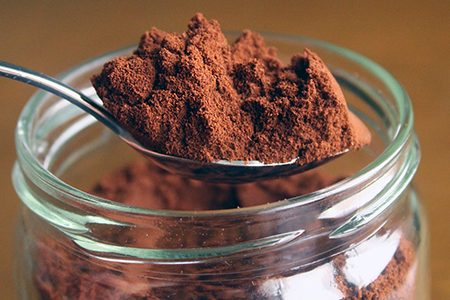Are you sure you are storing oranges the right way? Do not miss our tips and the best sweet and savory recipes to enjoy them in all their splendor
In winter the oranges they are among the most popular citrus fruits on Italian tables together with mandarins. In fact, it is precisely in the coldest months that they reach the peak of their taste and their preciousness beneficial properties.
Once purchased, oranges can last a long time, but to preserve their sweetness, aroma and organoleptic qualities it is important to store them in the right way.
How to choose oranges
The conservation of oranges depends above all on the choice of the fruit. First you prefer untreated oranges, the only ones whose peel can also be consumed. Always check its appearance and consistency: if there is an orange cuts or dents it could have suffered damage during transport and its goodness could be compromised; if, on the other hand, it is very soft to the touch, it means that the orange is now overripe. In both cases the shelf life of the fruit will be considerably reduced.
How to store oranges at home
Freshly picked oranges can also last up to 3 weeks (some varieties, such as Valencia, even last up to four months), but it is essential that in the meantime they do not suffer thermal changes and long exposure to sunlight.
To achieve this, the winter climate can be exploited by storing oranges On the terrace: remove them from the packaging and collect them in an airy basket, away from heat sources.
If you do not have an open space available, it is better to keep them in fridge, as the warm temperature of the house could shorten its life. In this case, place the oranges in the fruit and vegetable compartment, making sure not to pile or crush them.
Can oranges be frozen?
Oranges, like lemons, can also be frozen. The best method is to wash and dry the fruit thoroughly, cut it into slices or peel the wedges and finally store them in freezer bags. In this way they will be ready to garnish cakes and pies.
Looking for ideas for using oranges in the kitchen? Look at our gallery to discover 10 unmissable recipes, both sweet and savory.


